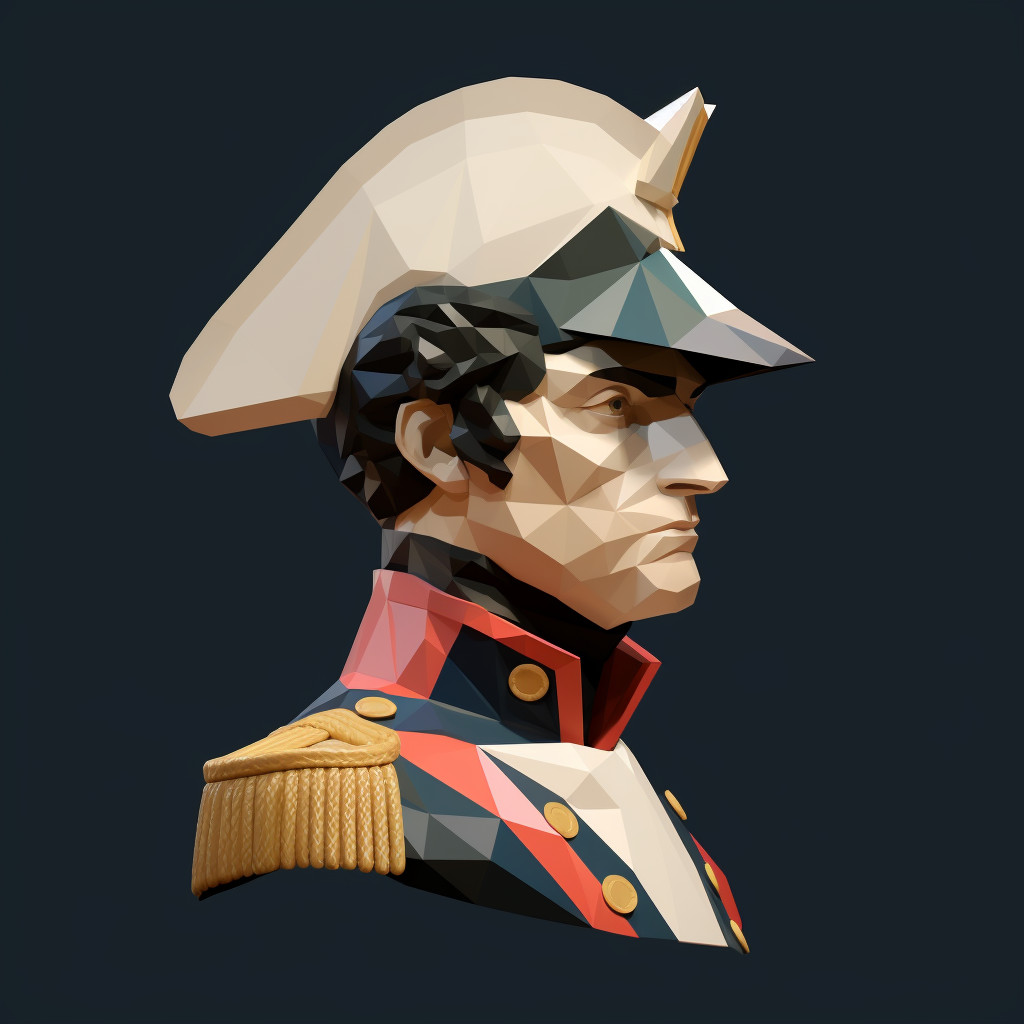This quote speaks to the limitations of power and force. It suggests that while force can change, manipulate or destroy, it lacks the ability to create or innovate. Creation, in this context, can refer to new ideas, relationships, cultures, or even physical things. It requires imagination, empathy, collaboration – qualities that force or power inherently lack.
In today’s world, this quote can be applied in various contexts. In politics, for instance, it shows that authoritarian regimes may maintain control through force, but they often struggle to foster creativity, innovation, or progress, because these require freedom of thought and expression. Similarly, in business, companies that rely heavily on strict hierarchies and control may find it hard to innovate or adapt to changes, as they suppress the creativity and initiative of their employees.
On a personal level, the quote suggests that self-improvement cannot be achieved through force, but through understanding and self-love. Forcing oneself to change often leads to resistance and stress, while accepting and loving oneself can create a safe space for growth and transformation. Therefore, this quote encourages us to appreciate the power of creation over the power of force.








